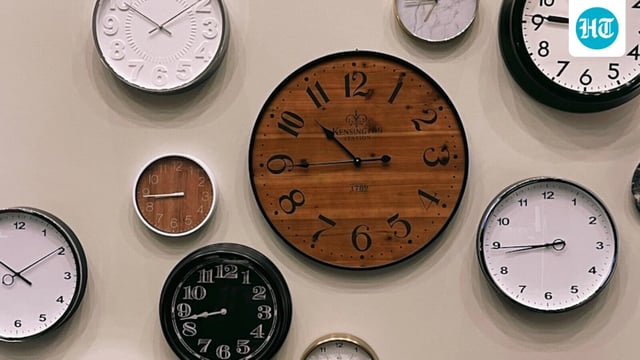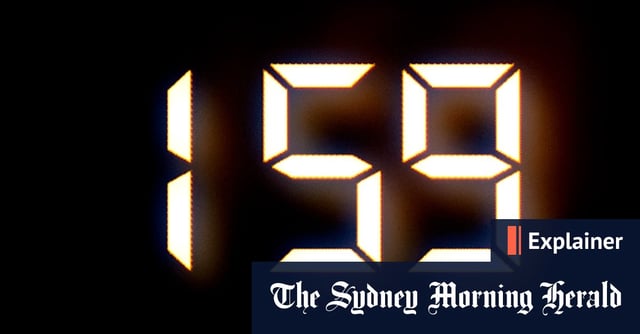Overview
- The fall change returns the country to standard time, bringing earlier sunrises and earlier sunsets through the winter months.
- In Chicago, sunrise shifts from about 7:23 a.m. on Nov. 1 to roughly 6:25 a.m. on Nov. 2, while sunset moves from around 5:45 p.m. to just before 4:43 p.m., meaning darker evening commutes.
- Colorado, Florida, Louisiana, Tennessee, and Texas have passed measures to adopt permanent daylight saving time, but those laws require action by Congress before taking effect.
- Congress considered multiple seasonal time bills this year, including renewed Sunshine Protection Act proposals, yet none passed.
- Under current federal rules, clocks are set to move forward again in March, continuing the twice‑yearly time change.


